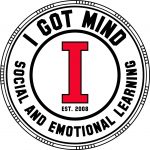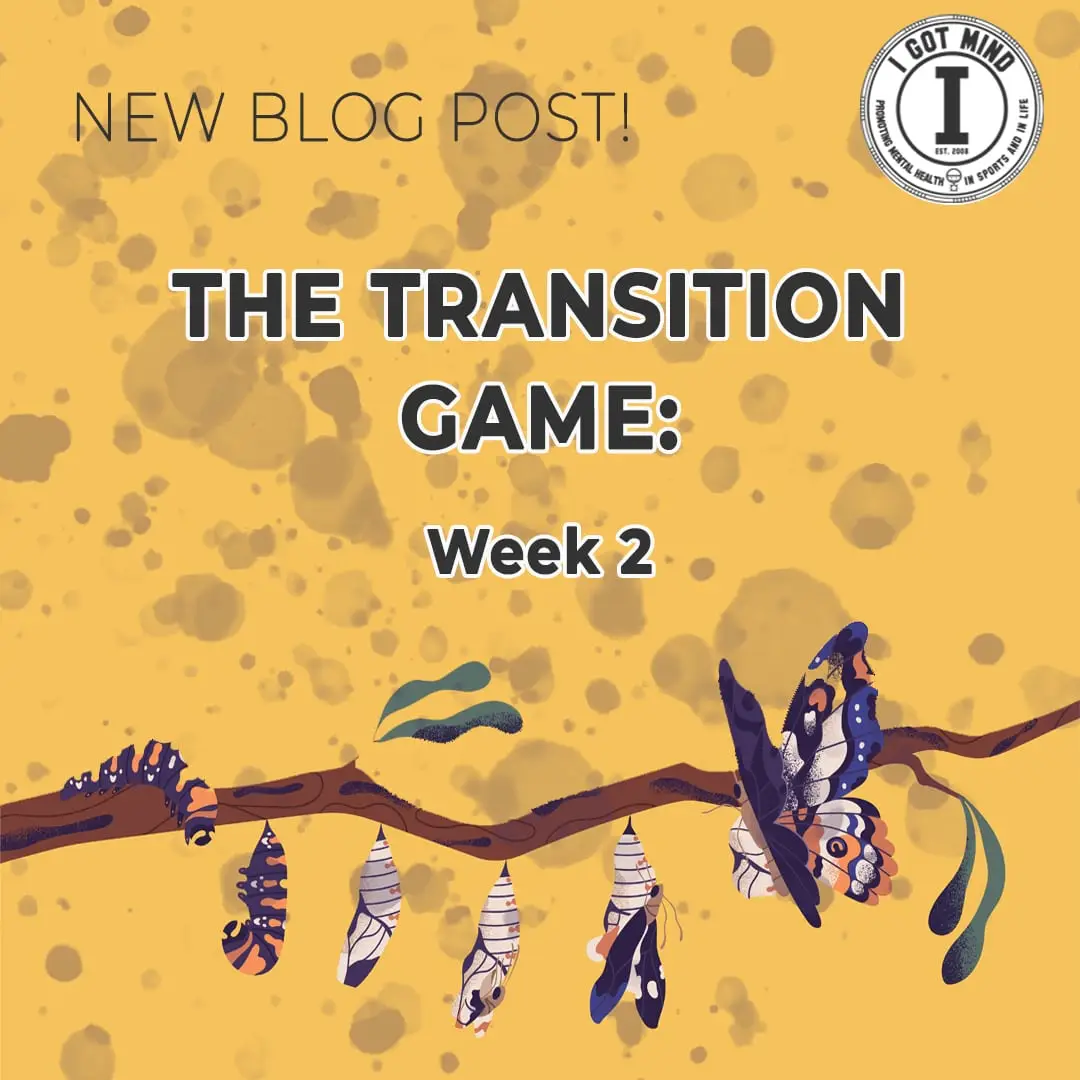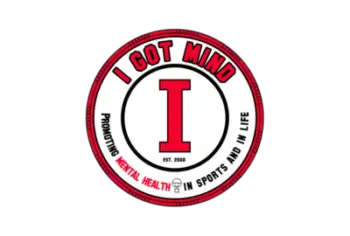Roles
We all play many roles every day in life, some we choose, others are chosen for us. Amongst the other roles, I’m currently playing I have decided to pursue my goal of becoming a Three-Time Winter Olympian, competing in the 2022 Beijing Olympic winter games.
What does this entail?
Well, no two roles are the same, but we can apply specific skills, tricks or tools to play this new role as best to our ability. I have found it is helpful to identify what are my weaknesses or tendencies that will create hurdles or challenges for me in this new role. No doubt I am taking on a lot with this role so I need to be aware of what problems might occur when I get run down and overworked.
Unwanted advice – I can feel personally attacked when others give me unsolicited advice or coaching. In my head, I’m thinking “pfft you have no idea how hard this is”… “I’m doing my best who are you to give me advice” (That’s my ego kicking in) Check your ego at the door, Ben. If you are so good and know everything why are you racing independently?
Procrastination – In one shape or form I believe we all procrastinate, I tend to give in to my tiredness and push things. Being conscious of this, using my day planner and holding myself accountable is how I will stay on target.
Communication – The old saying is “ communication is key “ when I get low my communication can suffer and then Ben is MIA. Two-way communication is important, responding and letting others know you’ve received and understood their messages in a timely manner.
Of course, learning from past challenges and mistakes is a part of progression but confidence and self-belief are another. What are the strengths I possess that will benefit me in this Role?
Mental Strength and Endurance – Developed through many struggles, losses and pain, my mental strength and ability to endure unforgiving circumstances is a great asset. Although extremely difficult life lessons to experience, I am very grateful and proud I’ve been able to use these in an empowering way to better myself.
Experience – Having competed at two Winter Olympic Games, four World Championships and achieved a World Cup Podium I know first hand the level of professionalism needed to compete at the elite level.
Athleticism – Knowing my limits, and constantly pushing. Many have described my racing style as fearless. As much as I wish this were true, it’s not. Fear is present during every race and training I attempt or complete. Over years of pushing my boundaries, I have developed a strong athletic base and ability that I am immensely confident in.
By Identifying my strengths and weaknesses I allow myself to imagine what might be asked of me in this role, the challenges I could face when asked and how to be successful when the challenges present themselves.
Your best can always be better, it only gets better by trying your best… never stop trying.



